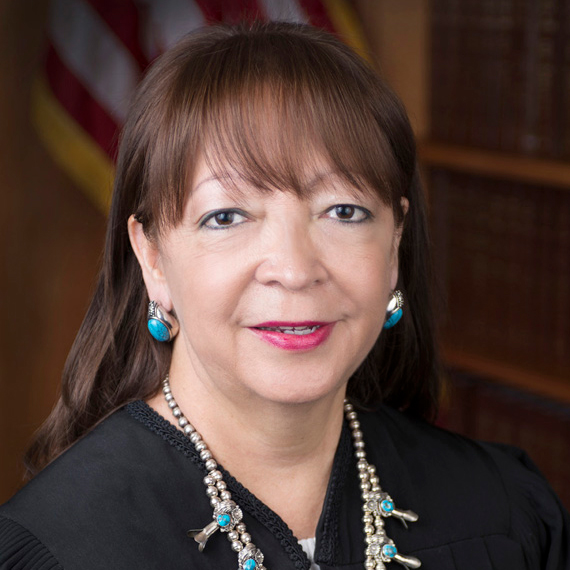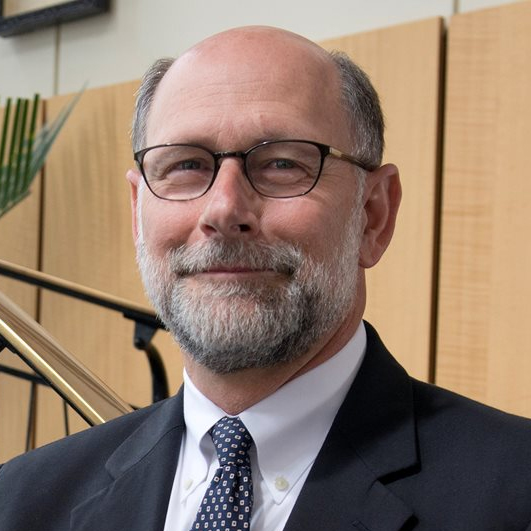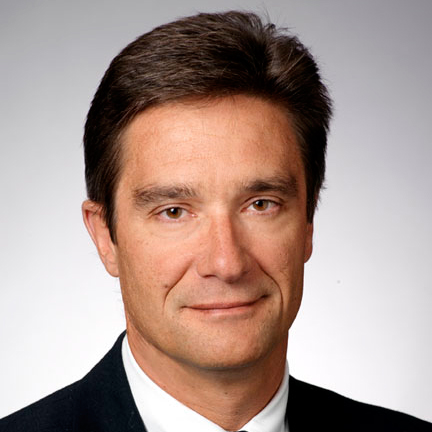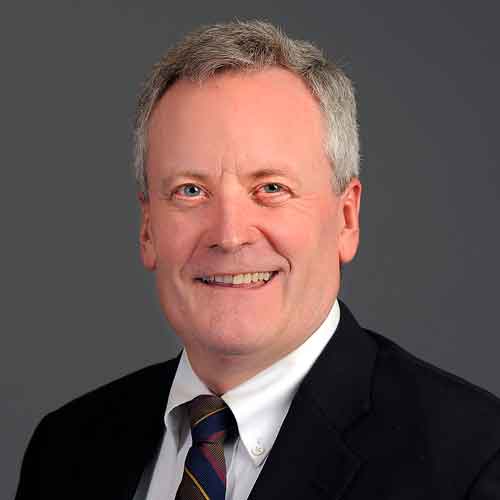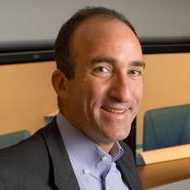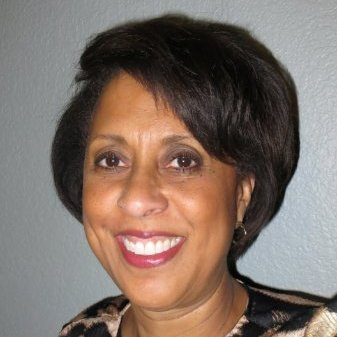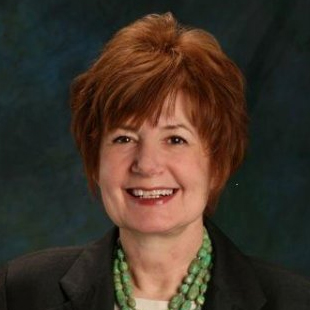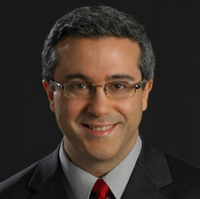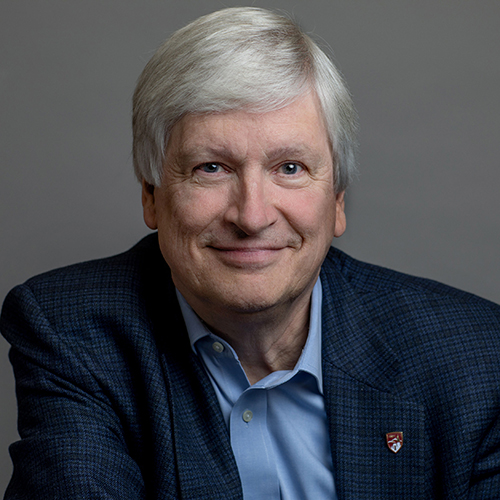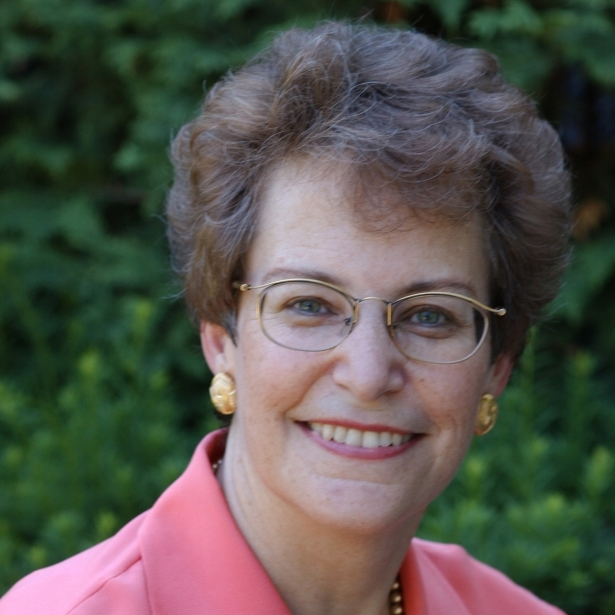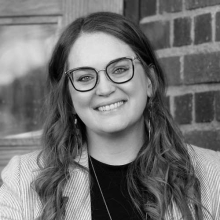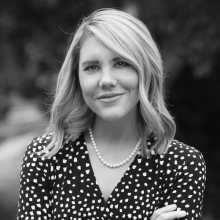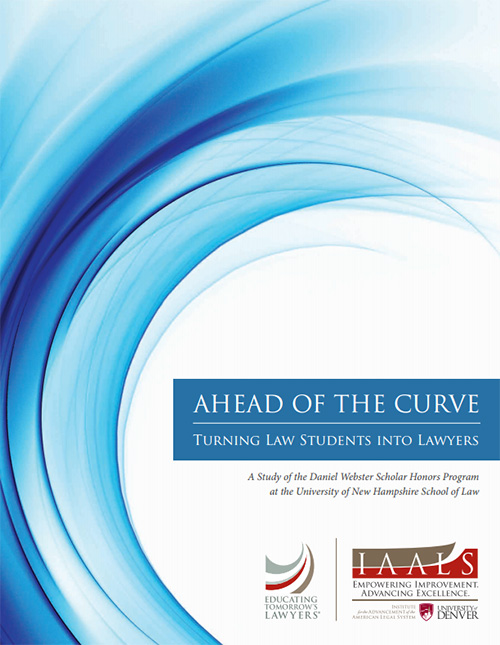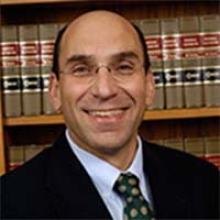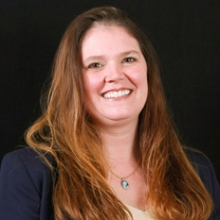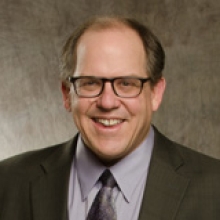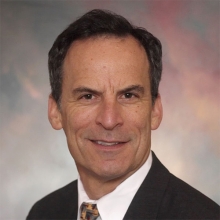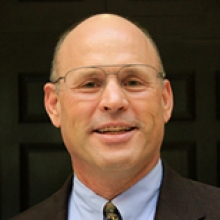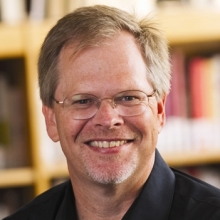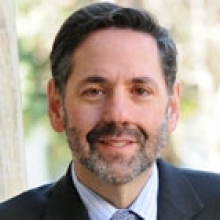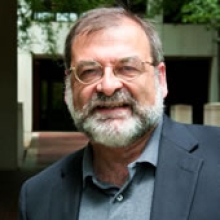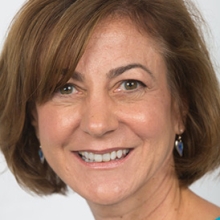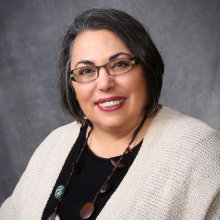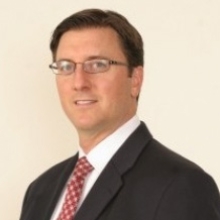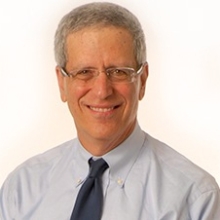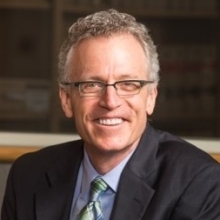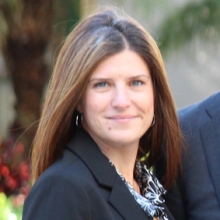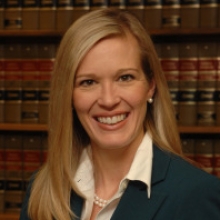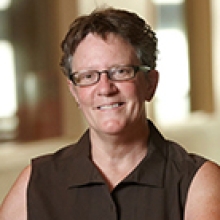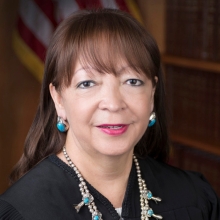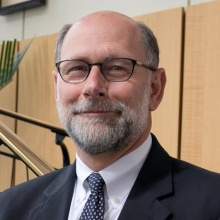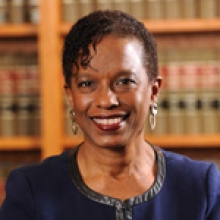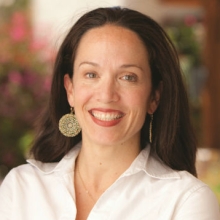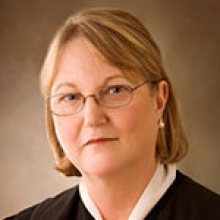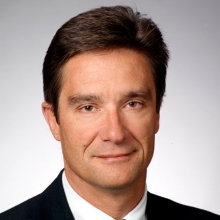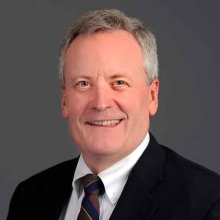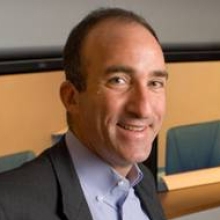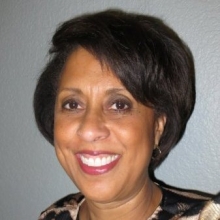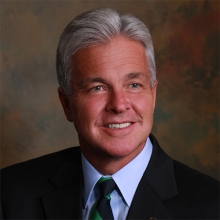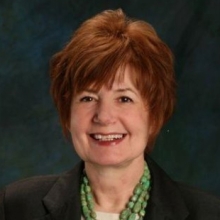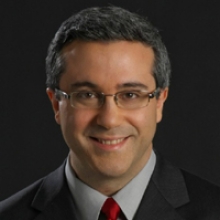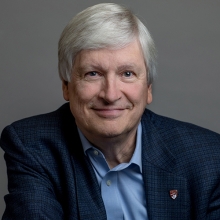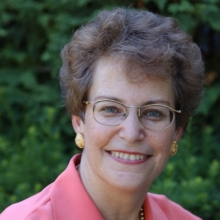IAALS’ work in legal education began with a commitment to supporting curricular innovation and collaboration among legal educators.
Objectives:
- Support legal educators and law schools that are taking risks and innovating to improve legal education for the profession, for legal consumers, and for society.
- Collect and develop better tools for assessing programs of legal education.
Through online resources, annual conferences, and the first major evaluation of a non-traditional model of legal education, we developed a broad network of legal education innovators and an expansive collection of resources for educators.
Project Team:
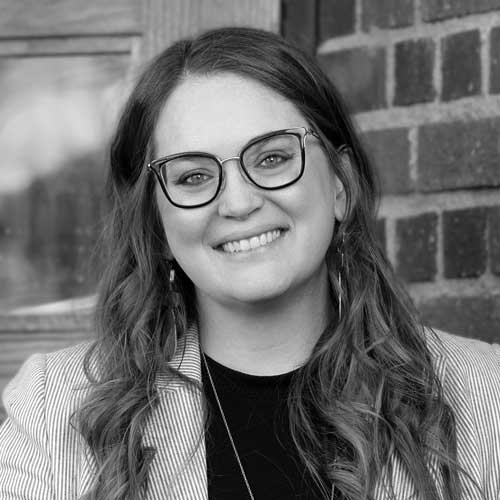
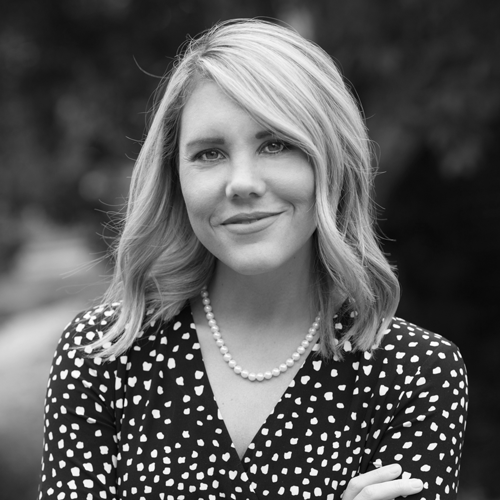

In 2015, IAALS published an evaluation of the Daniel Webster Scholar Honors Program at the University of New Hampshire School of Law. The program is a collaboration between the law school, the state supreme court, and the state board of bar examiners, and provides a combination of experiential training and ongoing assessment; students are ultimately evaluated for bar admission based on their performance over the two-year program instead of sitting for the traditional two-day bar exam.
Our evaluation of the program found that:
- In focus groups, members of the profession and alumni said they believe that students who graduate from the program are a step ahead of new law school graduates;
- When evaluated based on standardized client interviews, students in the program outperformed lawyers who had been admitted to practice within the last two years; and
- The only significant predictor of standardized client interview performance was whether or not the interviewer participated in the Daniel Webster Scholar Honors Program. Neither LSAT scores nor class rank was significantly predictive of interview performance.
We believe that other schools, educators, and jurisdictions can learn from the success of the program. In this report, we provide recommendations for replication on both grand and small scales.

- 2018 Conference: Covered Phase II of our Foundations for Practice project.
- 2017 Conference: Explored client needs by showcasing lawyers, organizations, and others leading the way to improved delivery of legal services and by tapping into the collective wisdom of innovative legal educators to bring these concepts to life in law schools.
- 2016 Conference: Focused on how to create meaningful learning outcomes, how to measure whether those outcomes are being met, and how to turn those outcomes into tangible hiring criteria for legal employers.
- 2015 Conference: Served as a convening of experts who helped identify the highest use of our initial Foundations for Practice data and create a roadmap for recommendations and implementation of educational models.
- 2014 Conference: Demonstrated how assessment can be used for teaching, for learning, and as support for law schools and educators when developing new or innovative models.
- 2013 Conference: Took a closer look at took a closer look at connecting the academy with the profession.
- 2012 Conference: Focused on developing expertise around the formation of professional identity in legal education.
It became an Educating Tomorrow's Lawyers Conference tradition to kick off the first day with a series of Ignite presentations. Presenters have 6 minutes, 20 slides, and 18 seconds per slide to share their projects, successes, and innovative ideas with a room full of legal educators and employers. Click here for video of past presentations.

IAALS compiled a number of course portfolios that were shared by professors who have distinguished themselves as leaders in legal education; who have incorporated into their own teaching a commitment to producing more practice-ready and professional graduates; and who demonstrate a willingness to share their expertise and experiences with others who want to develop these courses at their own institutions. These professors are our Educating Tomorrow's Lawyers Fellows.
The course portfolios can be viewed here, and include background material, video tutorials, teaching methods, recommendations and strategies for adaptation, and outcomes.

Educating Tomorrow's Lawyers Consortium (2011-2017)
Educating Tomorrow’s Lawyers, a former initiative of IAALS focused on improving legal education, partnered with law schools that were committed to its mission of aligning legal education with the needs of an evolving profession. We worked with a wide range of law schools across the country and we are especially grateful to the schools below, which joined our Consortium during the initiative's formative years. We no longer have a formal Consortium, but we continue to benefit from our partnership with these and many other schools, as well as educators, lawyers, employers, and others who are making a difference in the way we educate tomorrow’s lawyers.
















































































































































Educating Tomorrow's Lawyers Fellows
The Fellows of Educating Tomorrow’s Lawyers are individuals who have distinguished themselves as leaders in legal education; who have incorporated into their own teaching a commitment to producing more practice-ready and professional graduates; and who demonstrate a willingness to share their expertise and experiences with others. IAALS honors the Fellows for their achievements.
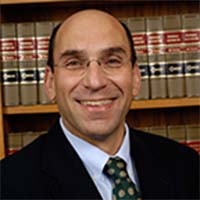
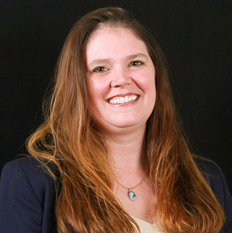

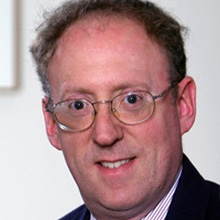
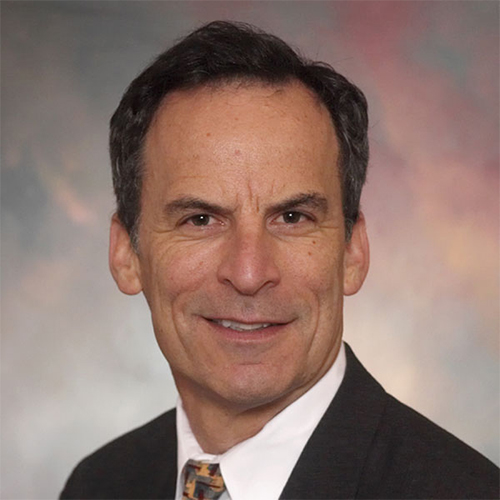




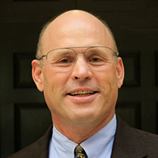
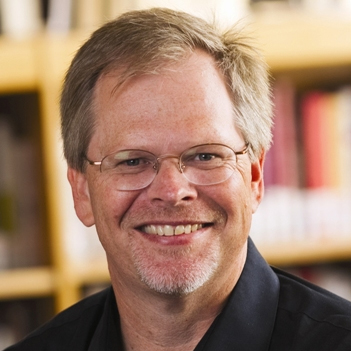

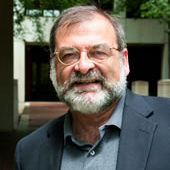

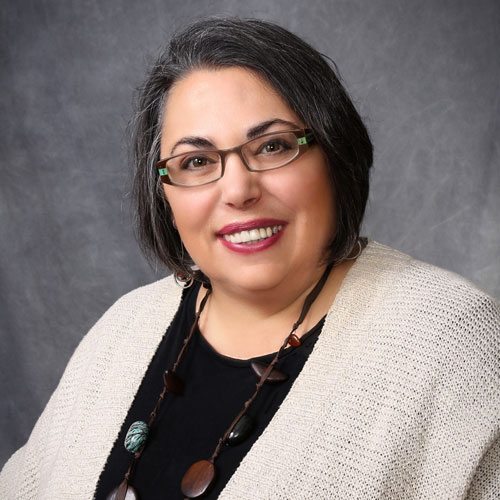
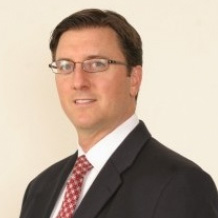
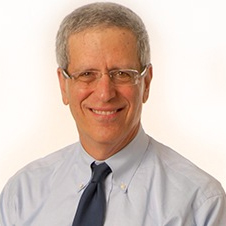



























Educating Tomorrow's Lawyers Advisory Committee (2011-2014)
